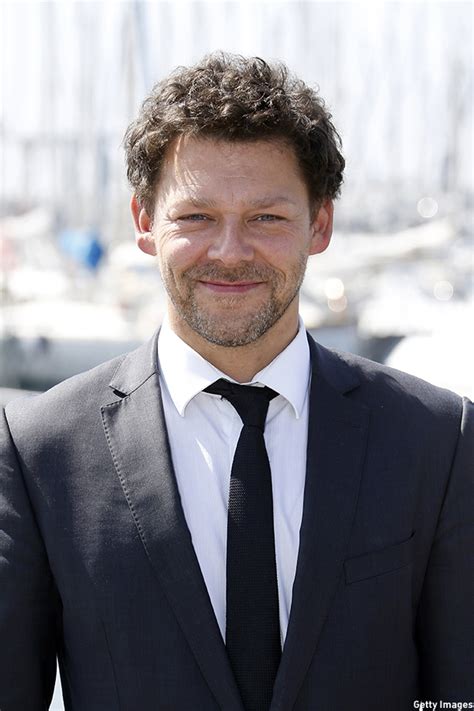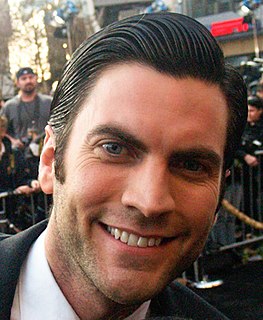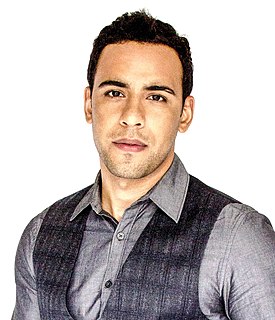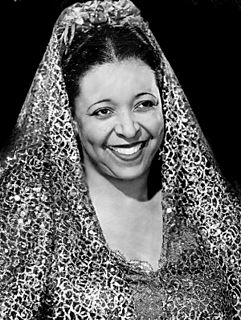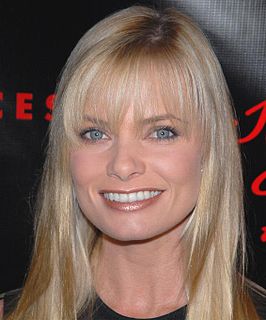A Quote by Donnie Yen
I act according to the requirements of the character, and if I try to play the role, then I play it truthfully. In my daily life, I'm a laid-back, peaceful guy. I'm just doing my job to act.
Related Quotes
I never like to judge the character. I just have to leave my feelings of pity, or fear, about a character - whatever I feel towards the character, I try to leave to one side. It's good to have them, but it doesn't help me. I can't act those things. I just to play the character as truthfully as I can.
I have finished school and so it's becoming a real job, and as an actor, you cannot always just play roles. To me, it's important to live, to be who I am and then to get out of that, because when you play a role, it's always a bit of yourself. Okay, you can get some things, but that's why it's so important to gain life experience in order to act - it's important to care about this.
The approach to acting is always the same, you try to figure who the guy is and then you try to transition your way into his way of thinking and moving through the world. The rest of it is just accoutrements, you don't play the makeup, you play the guy. If you're not wearing makeup, you just play the guy.
Remember that you are an actor in a play, and that the Playwright chooses the manner of it: If he wants you to act a poor man you must act the part with all your powers; and so if your part be a cripple or a magistrate or a plain man. For your business is to act the character that is given you and act it well. The choice of the cast is Another's.
My job is to be a role model, and that's what I want to do, but my job isn't to be a parent. My job isn't to tell your kids how to act or how not to act, because I'm still figuring that out for myself. So to take that away from me is a bit selfish. Your kids are going to make mistakes whether I do or not. That's just life.


